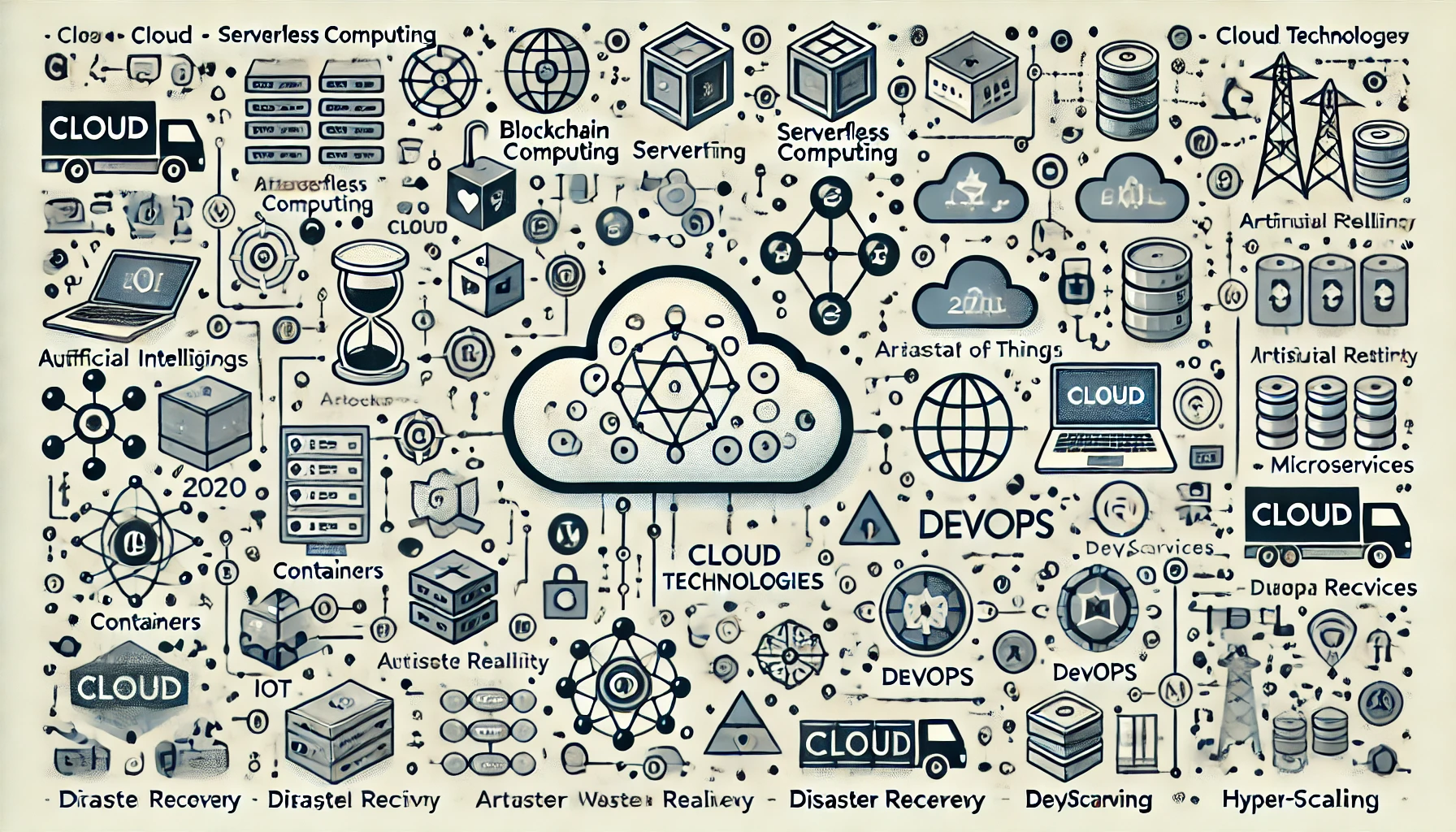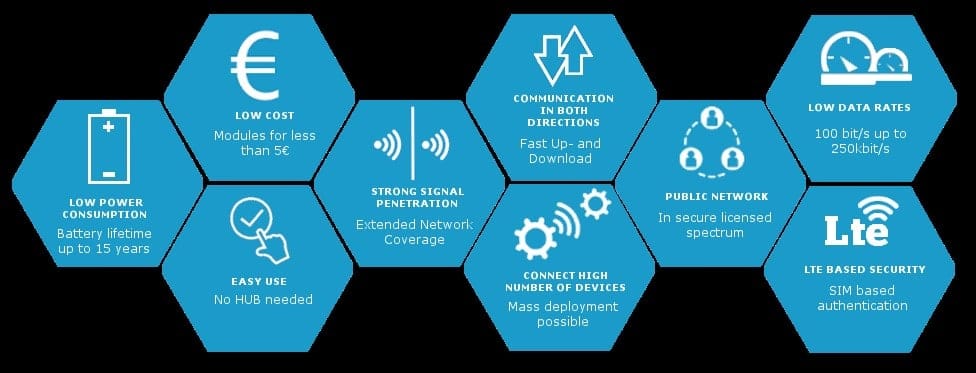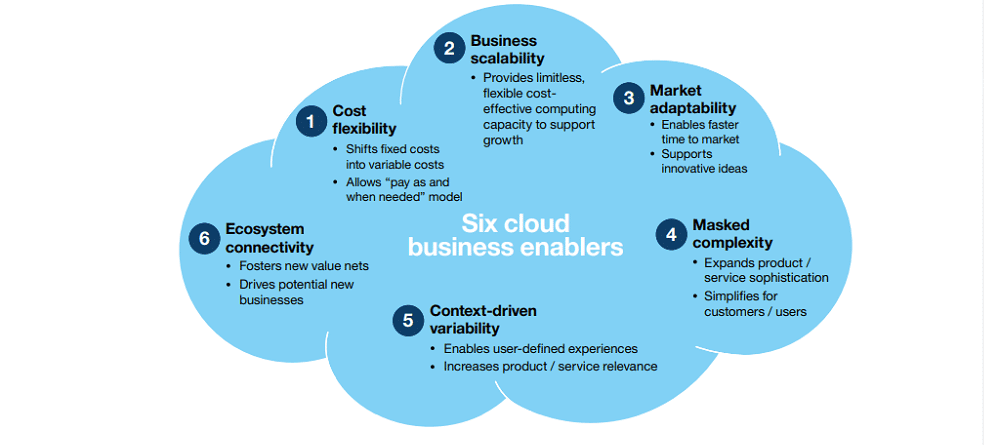
Businesses worldwide are implementing IoT solutions and cloud computing to enhance the overall cybersecurity, safety, and efficiency of workplaces. Sectors like agriculture, eCommerce, manufacturing, and most recently, the telecom industry can be seen as undertaking the new technology for potential business-enhancing benefits.
According to the statistics published about the internet of things, experts have estimated that by 2021, 35 billion IoT devices would be installed worldwide. Similarly, the global cloud computing market is expected to exceed $330 billion by the year 2021.
With such considerable figures, there is undeniable potential in these technologies to play a significant role in growing the telecom industry.
Let’s find out what role can IoT and Cloud computing play for telecom

Telecom companies acquire substantial amounts of essential data during their business operations. By utilizing IoT, they can develop an information pool and use the acquired data for generating analytics.
These data analytics can be of major benefit to the organization as it provides crucial business insight and helps people in business to understand their customers’ buying behavior patterns. IoT can allow companies to build predictive data models to prepare for the most recent customer trends.
IoT can be incredible for providing enhanced location services through smartphones that have built-in proximity sensors. Buses, trains, and other modes of public transportation can have IoT devices installed to communicate with dedicated smartphone apps. It will allow people to utilize such apps to locate the public transportation vehicle in real-time.
These sensory devices can also be installed in bus stops and subways to enable people to enhance access to their whereabouts. Telecom companies can also work to integrate IoT technology to work in crowded areas through proximity sensors.
The telecom industry and smartphone companies are already exploring the potential of LTE infrastructure. An advanced technology called LTE-V can be used for autonomous vehicles like cars and buses for machine-to-machine communication. This will allow for better road traffic regulation. For instance, a self-driving vehicle can notify other autonomous vehicles in its vicinity about it without cutting in-between the lane.
A similar approach allows such autonomous cars to communicate with the road infrastructure as well. A car would be able to alert the emergency officials in case of an accident or collision. The smart approach would allow better identification of the scene and instant communication.
IoT allows telecom companies to engage in energy-efficient machine-to-machine communication. In usual circumstances, GSM and Wi-Fi are used for such communications, but these network communication technologies require high bandwidth and power.
Therefore, the option of using radio-based, reduced power consuming WAN is an efficient replacement for doing searches. Low power WAN can be used in IoT devices for numerous applications. For instance, IoT devices in industries for smart usage and communication technology can be a win-win situation.
IoT based products and services that generate revenue and profitability for the organization and ease of usage for customers can be best used in agricultural areas where low power WAN from a telecom service provider will be a great success.
Remote areas can be vulnerable calamities and severe consequences because of them, like, adverse weather conditions, natural disasters like floods and earthquakes and hazards like fire. Companies like telecom organizations have to take extra preventive measures like these because negligence can lead to irreparable damages to important equipment. IoT would allow monitoring these remote locations for safety hazards.
The sensors can be used to alert authorities about an emergency. It can be made functional in-connection to alarms and alert signals to help deal with emergencies like fire where the nearest fire station gets an instant alert about the scenario.

The cost factor is highly important today, no matter if you sell cars or writing service. Cloud computing can drive a big cost change for telecom companies by reducing the fixed IT costs and shift to a more variable cost structure like pay as you go.
In addition to this, as a cloud user, you realize cost flexibility for the organization. Many telecom companies have extended their product line to become cloud service providers. This allows them to achieve cost flexibility for their customers. Cost flexibility both ways can lead to massive gains for efficient internal operations and cost-saving.
Cloud computing power and expandable capacity allow service providers to offer individualized customer experience for the variety of customers they tackle with. Telecom companies can leverage data pertaining to location, presence, subscriber profile, related activities, and other analytics. The integration of these features with their cloud offering enhances the customization value for the users.
Cloud computing has unlimited power at hand for the user. It enables businesses to grow and expand with greater functionality and a range of efficient operations. Telecom companies that provide cloud services can drive more control over the access network and data center to adjust the high and low responsiveness to customer needs. This gives them a significant plus point over other regular cloud providers.
For instance, if the telecom company is launching an unlimited 4G bandwidth internet allowance for a discounted cost. They will be ready for a surge of capacity during the high internet usage, in turn giving customers a smoother customer experience.
Cloud computing is probably the most easily adaptable new-age technology. Cloud services can be adjusted to fit the market needs for a more dynamic and rapidly changing environment. Cloud computing integrates prototypes and innovations to test and deploy solutions for better offerings in the market.
Telecom companies that provide cloud services can even make use of time-to-market solutions due to the default M2M capabilities. It allows them better data analytics to offer updated services that can be adaptable as per the customer’s needs and give them an advantage over others in the market.
Services that are backed up by cloud can encounter complexities, but the end-user seldom comes across them directly. Cloud service providers play an essential role in masking these complications for both the organization and the customer. Such hidden efficiencies like upgrades, background maintenance programs do not require end-user participation.
All in all, both IoT and Cloud computing, whether integrated with the functionality of a telecom company or provided by it, can become more efficient for the organization and customers alike. The features and attributes that come as the default capabilities of the two widely celebrated technologies have the potential to grow telecom companies and make their services better in the future.
A successful strategy can give you a significant competitive advantage over others in the market. Therefore, the key is to design the right strategy to deploy them as part of the business operations or extend out as a product for the customers.


